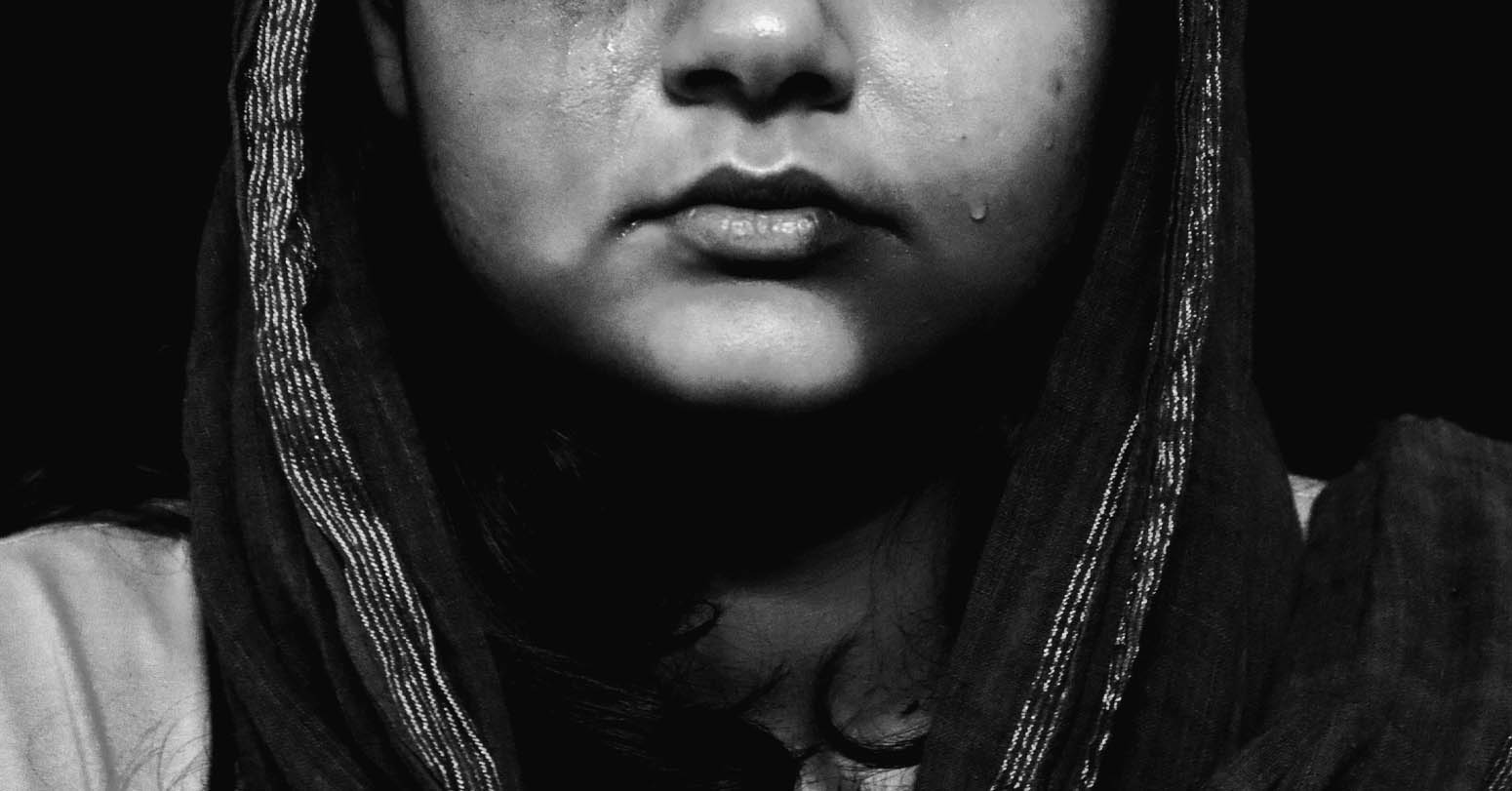
A United Nations (UN) report sounded alarm Wednesday on the worsening world drug problem as the emergence of new synthetic opioids and a record supply and demand of other drugs lead to rising drug use disorders and other harms.
A total of 292 million people worldwide used drugs in 2022, an increase of 20 percent over the previous decade, according to the World Drug Report 2024 published by the UN Office on Drugs and Crime (UNODC) on Wednesday.
Cannabis remained the most widely used drug, with about 228 million users across the world in 2022, followed by opioids, amphetamines, cocaine, and ecstasy, the report said, adding that while an estimated 64 million people worldwide suffer from drug use disorders, only around 9 percent of them is in treatment.
The report warned of a prolonged surge in cocaine supply and demand. A record-smashing 2,757 tons of cocaine was produced worldwide in 2022, up 20 percent over the previous year, while the global cultivation area of coca bush rose 12 percent year on year to reach 355,000 hectares in 2022.
The report said the surging cocaine production and demand "has coincided with a rise in violence in states along the supply chain, notably in Ecuador and Caribbean countries, and an increase in health harms in countries of destination, including in Western and Central Europe."
Noting that Canada, Uruguay, and 27 jurisdictions in the United States had legalized the production and sale of cannabis for non-medical use as of January 2024, the UNODC annual report also sounded alarm on the adverse impacts of cannabis legalization. The process "appears to have accelerated harmful use of the drug and led to a diversification in cannabis products," the report said.
In Canada and the United States, hospitalizations related to cannabis use disorders and the proportion of people with psychiatric disorders and attempted suicide associated with regular cannabis use have increased, especially among young adults, according to the report.
"Drug production, trafficking, and use continue to exacerbate instability and inequality, while causing untold harm to people's health, safety and well-being," UNODC executive director Ghada Waly said in a statement, calling for providing evidence-based treatment and support to people affected by drug use, targeting the illicit drug market and investing more in prevention.
-XINHUA



















Middle-aged man spends millions to
Dr. Dharam Raj Upadhyay: Man
Children, Greatest Victims Of Sudan’s
Breathing The Unbreathable Air
Comprehensive Data Protection Law Critically
Gender Differences In Mental Healthcare